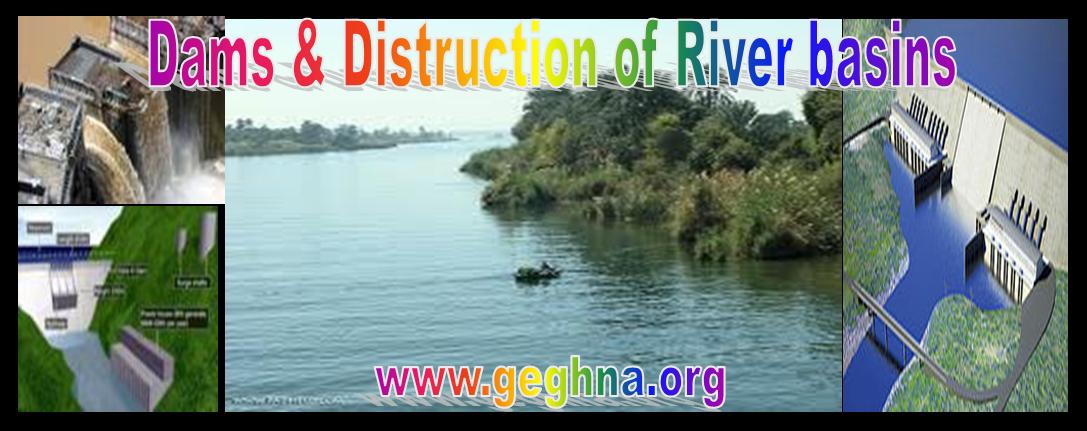February 26, 2012 (ADDIS ABABA) - The Ministers of water from Sudan, Egypt and Ethiopia will meet in Addis Ababa in March for more talks over the controversial dam project Ethiopia is building on the Blue Nile, according to Sudan’s official news agency (SUNA).
Sudan’s Minister of Water Resources, Saif-Eddin Hamad Abdulla said on Friday that Egypt’s Minister of Water Resources and Irrigation, Ethiopia’s Minister of Water and Energy and the Minister of Irrigation and Water Resources of the Republic of Sudan will all attend the meeting.
The three party meeting will discuss Ethiopia’s Grand Ethiopian Renaissance Dam and the future of the Nile Basin Initiative, which is led by Ethiopia aiming to distribute the Nile’s water more equitably among all the countries in the Nile Basin.
After Ethiopia launched the construction the 4.8 billion dollar project last year, Khartoum and Cairo protested that the construction of the Dam would reduce the flow of water.
The Sudanese capital Khartoum is where the Blue Nile - originating in the Ethiopian highlands - meets the White Nile, which passes through Uganda and South Sudan before the confluence in the Sudanese capital.
With the Blue Nile producing around 70% of the Nile’s water, Ethiopia is at the forefront of the Nile Basin Initiative along with signatories from six other countries. Despite the diplomatic focus on the NBI technical relations between Ethiopia, Egypt and Sudan have improved dramatically over the last two years indicating that a new overall deal may not be urgent.
Ethiopia produces over 70% of the Nile’s water but Egypt controls the lion’s share of the vital resource dating back to a colonial era treaty.
After series of recent discussions the three countries agreed to establish a joint tripartite technical committee to assess the impact of the project, formerly known as the Millennium Dam.
Ethiopia insists that construction of the dam won’t harm Egypt and Sudan, arguing that it benefit them by regulating the flow of water into their dams thus control possible flooding risks. Egypt and Sudan will also be able to import green energy produced by the dam, Ethiopia says.
The aim of the joint technical team is to create transparency and demonstrate to Sudan and Egypt that the construction of the dam will not negatively affect their water share.
Last month the tripartite panel began assessing the possible impacts of the hydro-electric project and is expected to submit its assessment recommendations to the government’s of Egypt, Sudan and Ethiopia in six to nine months time.
Ethiopia is investing billions of dollars to build hydro-power plants and has plans to export electricity to Sudan, Egypt, Kenya, South Sudan and other countries in the region. The country has begun exporting power to neighbouring Djibouti and will soon begin exporting to Sudan after their grids were linked earlier this month with a power transmission line.
Funded by the World Bank, the $41 million power project, will enable Ethiopia to export an initial 100 MW of electricity to Sudan making Khartoum the second beneficiary next to Djibouti which imports 35 MW of electricity for up to $1.5 million every month.
(ST)
